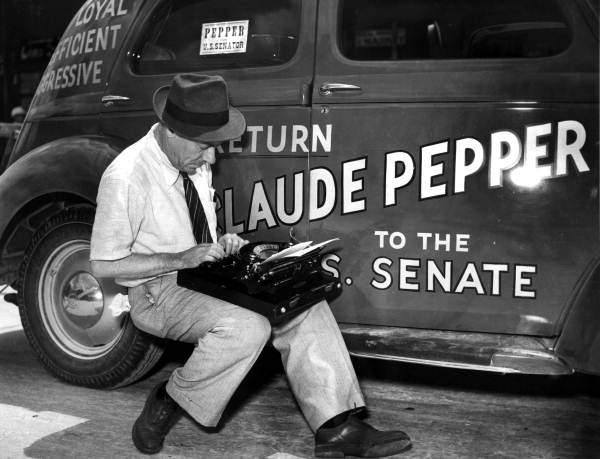 We staged a campaigns masterclass last week. We learned loads ourselves. But what is much greater is when people who come learn. The first step is to get out of the rut and get out of the office.
We staged a campaigns masterclass last week. We learned loads ourselves. But what is much greater is when people who come learn. The first step is to get out of the rut and get out of the office.
I don't know about you, but I sometimes find it all too easy to avoid getting out of the office for training or for an interesting-looking event (assuming the budget allows, of course...) That looks great, I think - but we've got so much on at the moment. We're just too busy. I'll never catch up.
Last week's @comms2point0 #uncampaign masterclass - on the art of running an effective campaign - reminded me how important it is to fight against that instinct.
I came away with a fresh determination to do my job better. Here's some of the best advice that was shared:
Take a risk and try something new
This was a common theme in most of the talks, from DVLA's light-hearted 'goodbye to the tax disc' video that scored more than 100,000 views on YouTube to Sandwell Council's 'no s**t Sherlock' campaign targeting dog owners who fail to clean up after their pooch, which reached more than a million people on social media. On a very different scale there was Coventry City Council's hard-hitting 'Do it for Daniel' campaign, which helped recruit 30 new social workers
in the wake of the murder of Daniel Pelka.
Appeal to people's emotions
Do it for Daniel - which featured images like an empty swing in a playground - appealed to people's desire to help make sure similar tragedies don't happen in the future. When social media agency Shadow Giants were asked to come up with a campaign to encourage former nurses to return to the NHS, they asked nurses who'd already done so what motivated their decision. We missed the way it made us feel, they said - like we're making a difference. The resulting #comebacktonursing pictures and videos were designed to play on those emotions - and eight weeks into the campaign there was a 683% increase in former nurses signing up to retrain.
Focus on outcomes, not outputs
Before you even think about what you're going to do, ask 'what are we trying to achieve? If the unconference session on evaluation I took part in was anything to go by, no-one feels like they have truly nailed it, but Do it for Daniel and #comebacktonursing are brilliant examples of measuring the metrics that matter. If colleagues come to you and say 'we want to raise awareness about x', it's our job to ask why - along with 'what do you want to happen as a result?' and 'how will we know we've been successful?'
Louise Fisher is communications and media manager at the Chartered Institute of Housing.
